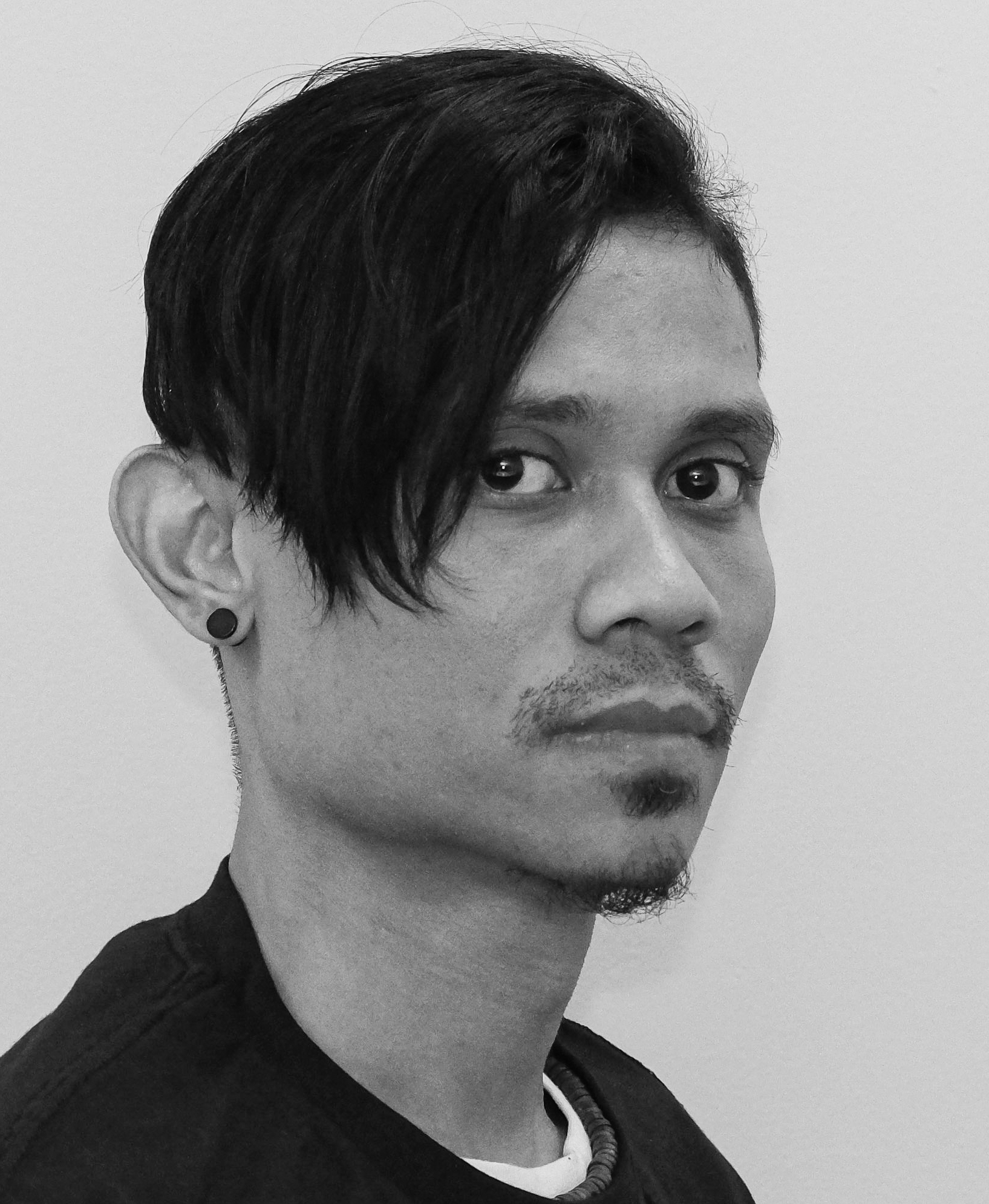
KUALA LUMPUR – Despite many assertions of a “holy war” unfolding in the Middle East, Palestinian ambassador to Malaysia, Walid Abu Ali, insists that the root of the Israeli-Palestinian conflict is fundamentally political, rather than religious.
Speaking to Scoop, Walid said that the ongoing strife has been exacerbated by decades of Israeli occupation in the Gaza Strip and the West Bank.
As the conflict continues to escalate, Walid noted that regardless of religious background, Palestinians, whether Christians or Muslims, are deeply affected by the Israeli occupation.
He dispelled the notion that the conflict was rooted in religious differences, describing it as “a political struggle” rather than a religious one.
“Israeli bullets do not differentiate between Hamas and Fatah, and the Israeli forces do not differentiate between Palestinian Christians or Palestinian Muslims,” Walid said when met at his office on Monday.
“We are fighting together, we are the owners of this land, and the issue is not Judaism or Jews.”

As of the latest update, the conflict in Gaza has resulted in a devastating toll, with at least 2,300 Palestinian victims killed, including 900 children and 250 women, and nearly 10,000 injuries.
Approximately half a million Palestinians have been left homeless due to the destruction of their homes and other targeted structures, including schools and mosques, Walid said.
The fresh wave of violence erupted after Palestinian militant groups led by Hamas carried out a surprise attack on Israel, killing at least 1,400 on the Israeli side on October 7.
To help ease the clashes, Walid also urged the international community to assume its responsibilities and bring an end to the Israeli occupation.
Asked whether improving the economic situation for Palestinians would help build peace in the region, Walid said it was a concept initially proposed by Shimon Peres during his tenure as Israeli prime minister.
He noted that Peres believed that an economic solution could potentially resolve the Palestinian struggle. However, Walid said that any sustainable resolution is contingent on Israel’s recognition of an independent Palestinian state based on the 1967 borders, with Jerusalem as its capital.
“The issue is the Israeli occupation of our territory,” Walid said.
“The issue is not Fatah and Hamas, the issue is not the economic situation, the issue is not whether we are hungry or whether we have enough food. The issue is the Israeli occupation.”

To end the Palestinian struggle and bring peace to the region, he stressed the need for the international community to play a more active role in ending the Israeli occupation and allowing Palestinians to exercise their freedom and independence.
Referring to Israeli perspectives, he cited a stark belief.
“From the Israeli perspective, a good Palestinian is a dead Palestinian.”
This belief, he said, has guided Israeli actions since the inception of Israel. He noted that Israel’s peace treaties with Egypt and Jordan, while signed at the government level, did not translate into peace for the people of those nations.
Addressing why the two-state solution has failed, Walid pointed to Israeli politicians and their ideology, which he claimed did not accept coexistence with Palestinians. Israel’s fear of security threats underpinned their reluctance to recognise a Palestinian state, Walid said.
Acknowledging that Israel has support from Western nations, Walid said: “Israel has been maintained as a superpower with the most up-to-date military equipment, and they’re always afraid of Palestinians still targeting them.”
He affirmed that Palestinians had accepted the two-state solution and an independent Palestinian state based on the 1967 borders in accordance with UN Security Council resolutions.
However, he noted that Israel had not accepted this solution due to its belief in being a superpower and having American support.
Walid said that Palestine’s history extended centuries back, adding that it had belonged to the Palestinian people long before the creation of Israel in 1948.
He explained that Israel’s military capabilities, no matter how advanced, would never erase the Palestinian people’s deep-rooted connection to their land and the cause for Palestine.
Addressing the international media’s role in the conflict, he questioned their selective attention to Palestinian suffering, such as when Israel invaded Jenin or when Palestinian civilians, like the Dawabsheh family, were burned alive in their homes.
He also pointed to incidents like the burning of Muhammad Mohammed Abu Khdeir and in these cases, international reactions were notably subdued.

Walid further raised the issue of Israeli provocations and attacks on Palestinian villages, questioning the media’s silence in such instances.
He called for the international community to treat Palestinians and Israelis equally and fairly, insisting that a balanced approach to conflict resolution would be the most effective way to achieve lasting peace in the region.
“Of course as an ambassador – and our president did the same, and our officials did the same –we condemn the killing of civilians, but (the international media and community must) be equal. Why did they (Western media) never ask the Israelis to condemn (the act) of Palestinians being killed by the Israeli army? Why the double standards?
“Of course, I am totally against the killing of any civilians but let the international community be fair with us when Palestinian civilians are killed as well.” – October 18, 2023


